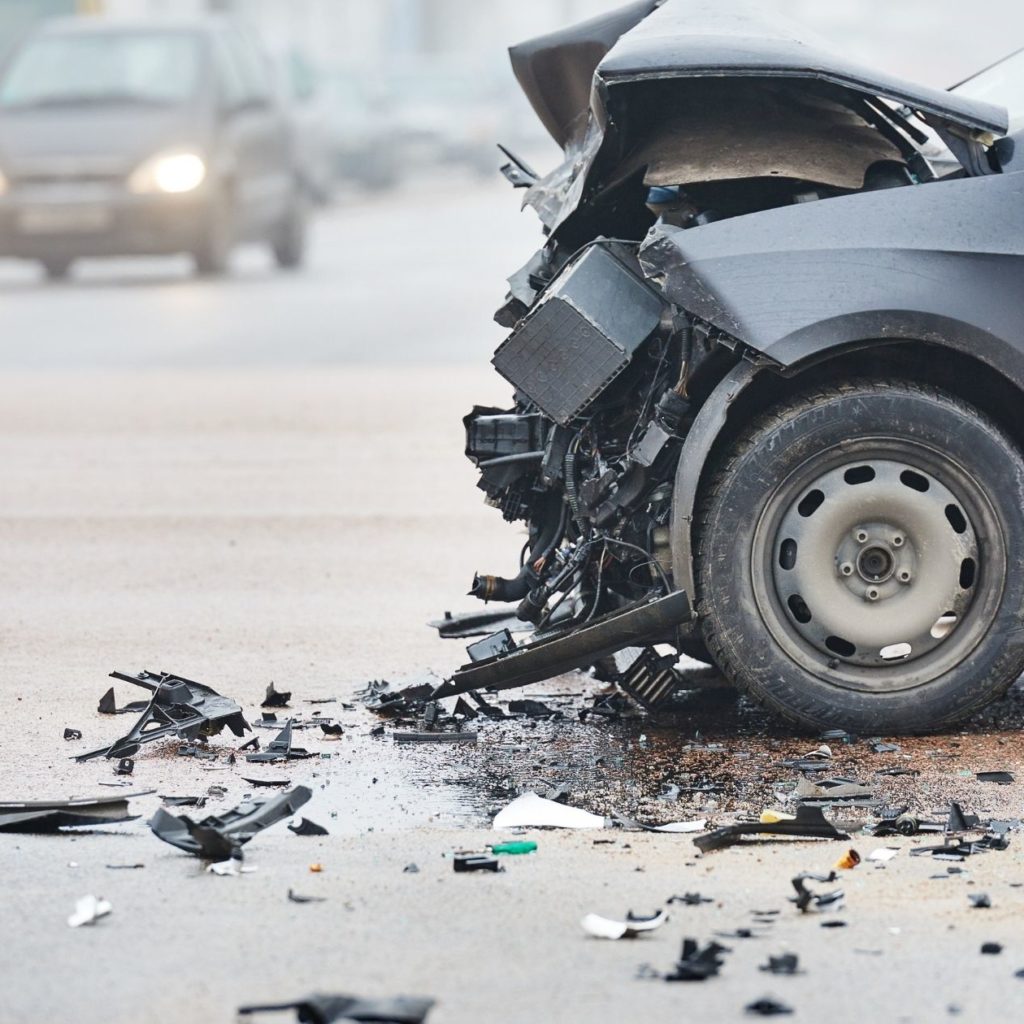Okay, so picture this: you’ve had a car accident. The insurance company calls and declares your car totaled. But it still starts! You could drive it right now! How can a drivable car be totaled? This comprehensive guide breaks down what happens next, explaining your options, the implications of a salvage title, and how to make the best decision for your situation. We’ll help you navigate this often confusing process, step by step.
Understanding a “Totaled” Car
First, let’s clarify what “totaled” actually means. It doesn’t necessarily mean your car is beyond repair. “Totaled” is an insurance term indicating the estimated repair cost exceeds the car’s Actual Cash Value (ACV). The ACV considers the car’s age, mileage, condition, pre-existing damage, and market value. This threshold varies by state, often around 70-80% of the ACV. So, even if your car is drivable, the damage might be extensive enough to push it over the “totaled” threshold.
ACV vs. Salvage Value: Decoding the Terms
Your car’s ACV is its pre-accident worth. The salvage value, on the other hand, is its post-accident worth, primarily for parts. The insurance payout is calculated as: ACV – deductible – (salvage value if you keep the car).
Your Options After a Total Loss Declaration
You typically have three options when your drivable car is declared a total loss:
- Surrender the Car: The simplest option. You hand over the car to the insurer and receive the ACV minus your deductible. This allows you to move on and find a new vehicle.
- Keep the Car: You can retain the car, but the insurance company deducts both your deductible and the salvage value from the ACV payout. You are responsible for all repairs.
- Negotiate: If you disagree with the insurer’s ACV assessment, you can negotiate. Gather evidence, like comparable car prices, to support your claim.
Navigating the Salvage Title Process
Keeping a totaled car usually results in a salvage title, which is like a permanent “scar” on your car’s history. This can significantly affect resale value and insurance options. Comprehensive and collision coverage might become less cost-effective. Liability insurance, however, is always required, regardless of title status.
Rebuilding Your Car and Obtaining a Rebuilt Title
If you choose to repair your car, it will likely require a thorough inspection. Once it passes, you can apply for a “rebuilt” title which proves it’s roadworthy but still carries the salvage history.
Unleash your full potential and customize your Wayfinder experience with this powerful Wayfinder save editor.
Can You Drive a Totaled Car?
This is where it gets tricky. While your car might seem drivable, its “totaled” status creates legal and financial hurdles. Simply put, continuing to operate a totaled car legally and responsibly is probably more trouble than it’s worth.
Steps After an Accident
The insurance company sends an adjuster to assess the damage and calculate potential repair costs. These costs are compared to your car’s ACV. If the repairs exceed your state’s total loss threshold (a percentage of the ACV), your car is declared totaled.
Keeping vs. Surrendering Your Totaled Car
Again, you have two main options:
- Surrender the Car: Receive the ACV minus your deductible, a simpler route but leaves you without a vehicle.
- Keep the Car: Receive a smaller payout (ACV minus deductible and salvage value) and retain the car. However, making it road-legal again involves considerable steps, including repairs, possibly mandated state inspections, and changes to the car’s title and insurance documentation.
Reviving Your Totaled Car: A Complex Process
If you decide to keep and repair your totaled car, here’s what you’ll likely face: significant repairs, a thorough inspection, a salvage title branding the car’s history, and potentially more expensive and harder-to-find insurance.
Long-Term Implications: Thinking Ahead
A salvage title significantly diminishes resale value and makes future claims more complex. Insurance premiums will likely increase, and some companies might refuse coverage altogether. While some studies suggest properly repaired cars with salvage titles are safe, this is still debated. Weigh these factors against the cost of a new car.
Insurance Implications of a Totaled Drivable Car
The insurance process centers around your car’s ACV, which is calculated based on its make, model, mileage, pre-accident condition, and market value. If the estimated repair cost reaches or exceeds the state’s “totaled threshold,” typically a percentage of the ACV, your car is deemed a total loss.
Your Options: Accept or Keep
- Accept the Payout: Receive a settlement based on the ACV minus your deductible, often the easiest route.
- Keep the Car: Receive a reduced payout (ACV minus deductible and salvage value). You are then responsible for all repairs. This leads to a salvage title, which impacts resale value and insurance options.
Should You Fix Your Totaled Drivable Car?
Consider these key factors: repair costs, salvage title impact on resale and insurance, long-term reliability, and the cost of a replacement car. Gap insurance can be crucial if you owe more on your loan than the car’s ACV. Remember that insurance and salvage title laws vary by state.
Keeping a Totaled Financed Car
If your financed car is declared totaled, you might wonder if you can keep it. The short answer: it’s complicated, but sometimes yes. It depends on your state’s laws, insurance policy, and loan balance.
Your Options with a Financed Totaled Car
- Accept the Insurance Payout and Settle the Loan: The insurance company pays you the ACV minus your deductible. Use this to pay off the loan. If the ACV is less than your loan balance, you’re responsible for the difference, unless you have gap insurance, which covers this “gap”.
- Keep and Repair the Car: Receive the insurance payout minus the deductible and salvage value; use this for repairs. This results in a salvage title. Some experts suggest this may not be worthwhile in the long run.
- Surrender the Car to the Lender: Depending on your loan agreement, this is sometimes possible. It could, however, negatively impact your credit score.
Making the Best Decision: Key Considerations
Consider factors like your loan balance, insurance coverage (gap insurance?), state laws, repair costs, and the car’s pre-accident value.
By understanding the complexities of a “totaled” yet drivable car, you can make informed decisions that protect your financial interests and ensure your safety on the road. Remember, research and professional advice are crucial in navigating this process effectively.
- China II Review: Delicious Food & Speedy Service - April 17, 2025
- Understand Virginia’s Flag: History & Debate - April 17, 2025
- Explore Long Island’s Map: Unique Regions & Insights - April 17, 2025
















